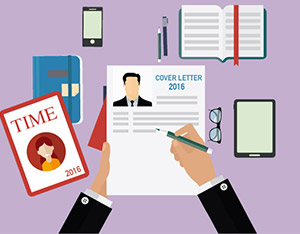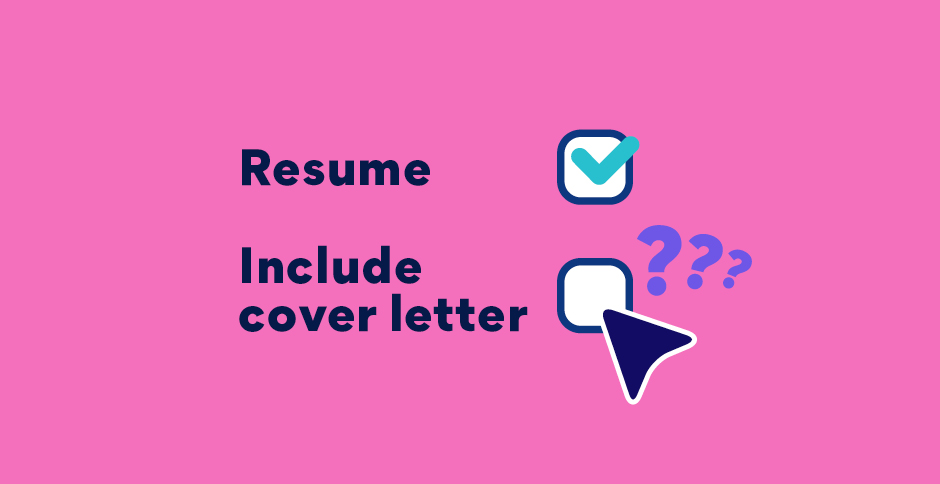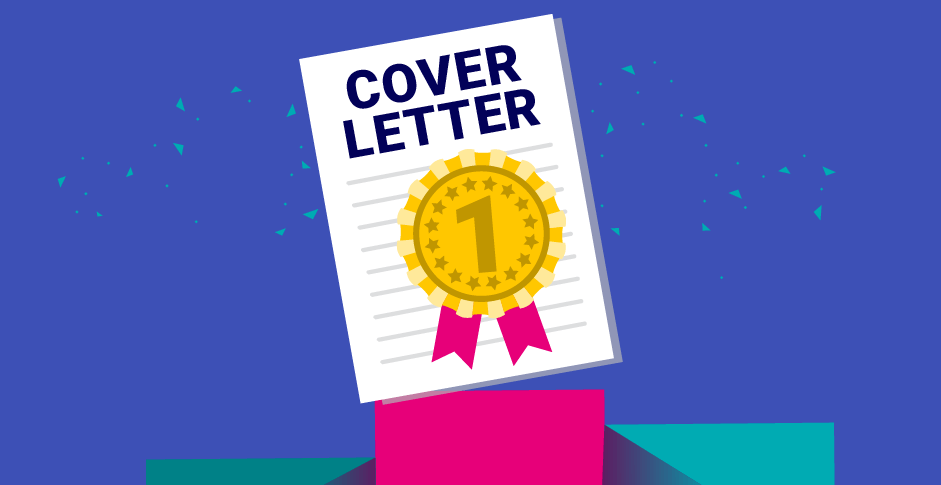First impressions count and when you’re applying for jobs, that means your cover letter is your opening move.
A good cover letter should cover the basics: your skills and what you can bring to the role. But in today’s competitive job market, there’s always more you can do to get noticed.
- Keep it brief. If Twitter has taught us anything, it’s that you can say a whole lot with just a few words. While cover letters don’t need to be under 140 characters, too many candidates labour over long letters that won’t be read in detail – they’re read quickly to look for key highlights that align to the role, and to scan for errors.
So keep your cover letter focused - anywhere between 150 to 350 words is best. You can still show why you’re worthy of getting onto the shortlist within that word count. Keep your letter focused on your skills and potential and leave all the puffery behind - you’ll be surprised you ever used those extra words at all.
- Be yourself. We’re always on our best behaviour when writing cover letters but it can lead to awkward, formal writing. It’s the sort of writing that’s hard to read because the details that will make a boss want to hire you are hidden under a wall of “dear sir/madams”, “and “I am a self-starter team player who can work without direction”.
That best behaviour voice won’t get you an interview because it’s missing what’s so special about your job application: you!
Write your cover letter with the same voice you’d use at a meeting: relaxed, knowledgeable, to the point and with the odd joke or bit of personality thrown in (if appropriate). Let employers know who you are and why they want to arrange an interview.
- Show that you’re the solution to all their problems. Employers have a problem: they need someone to fill a vacant role and reading applications and interviewing people takes time away from their jobs. What they really want is for you to show them you’re the solution to all their problems.
Research the company or industry and work out what challenges they’re facing. Do you have a solution? Tell them how you can help with your ideas, skills or experience.
Even if you’re addressing key selection criteria, show what you achieved and use their questions to show results.
- It’s more than repeating your resume. Don’t give a short version of your resume in your cover letter. If an employer wants to read your resume, they will grab that file. What they want to read is about you – what can you show them that is different from every other cover letter? Why would they want to read your resume? What is it that makes you the person they must interview? It’s not just your work history: they want to know how you approach problems, and your interest in both the industry and their company.
Charles Young, Director of recruitment agency Citak, agrees. He recommends “give more than what is in your CV - try to prove your interest in the job or industry; that will always help you”.
Write your cover letter with the same voice you’d use at a meeting: relaxed, knowledgeable, to the point and with the odd joke or bit of personality thrown in (if appropriate).



